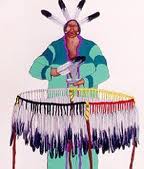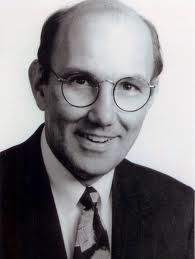Something to reflect upon in Bill White’s latest blog.
reflect upon in Bill White’s latest blog.
‘The acute care (AC) model of intervention that, with few exceptions, has dominated the modern treatment of addiction involves a brief – and seemingly ever-briefer – period of professional intervention followed by cessation of the service relationship.
As addiction professionals working within this model, we are trained to screen, assess, admit, treat and discharge each person we serve. And as we approach the end of this sequence, we are trained to address “termination” issues in the counseling relationship, prepare “discharge” plans and, in many of our settings, participate in a “graduation” ritual that signals the end of primary treatment and the service relationship.














